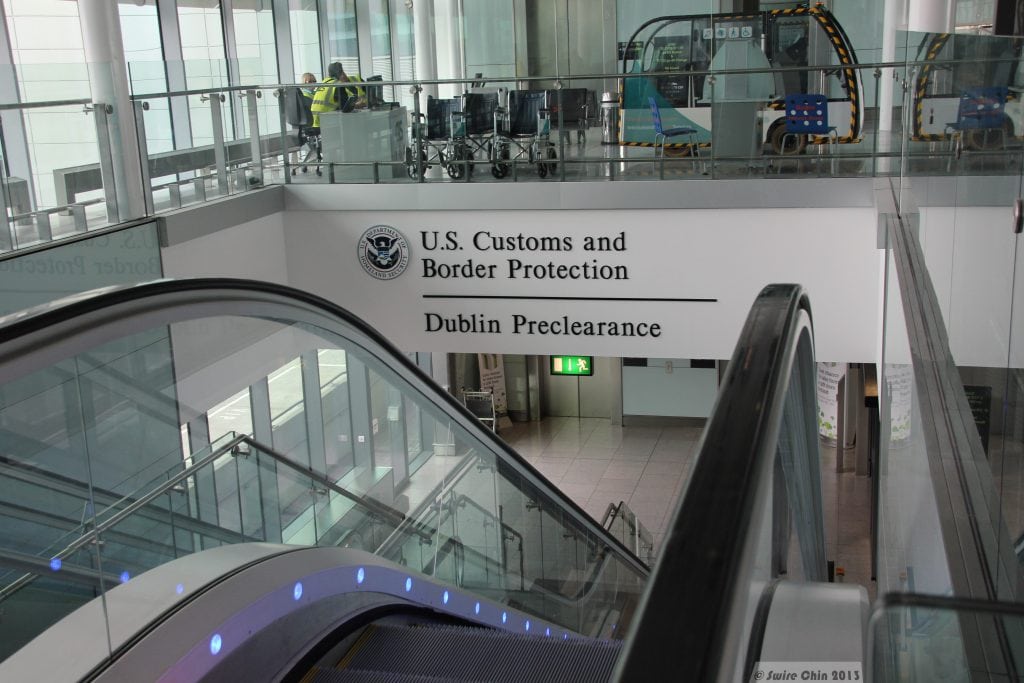Skift Take
This lawsuit over searches of laptops and cellphones will proceed, but in the meantime travelers need to think seriously about data privacy when they're crossing U.S. borders.
A federal judge denied the Trump administration’s request to throw out a lawsuit challenging the right of border agents to seize and search the mobile phones and laptops of U.S. citizens without warrants or a showing of probable cause.
“Plaintiffs have plausibly alleged that the government’s digital device search policies substantially burden travelers’ First Amendment rights,” U.S. District Judge Denise Casper in Boston wrote in a ruling Wednesday.
The American Civil Liberties Union and the Electronic Frontier Foundation sued in September, alleging the searches at airports and land borders of U.S. citizens and lawful immigrants are based on outdated laws that were intended to apply to the contents of suitcases and purses — not the detailed personal data stored on smartphones and laptops. The U.S. had argued that a longstanding federal court precedent recognizes the authority of the border searches.
©2018 Bloomberg L.P.
This article was written by Erik Larson from Bloomberg and was legally licensed through the NewsCred publisher network. Please direct all licensing questions to [email protected].
![]()
The Daily Newsletter
Our daily coverage of the global travel industry. Written by editors and analysts from across Skift’s brands.
Have a confidential tip for Skift? Get in touch
Tags: airports, security, Trump Administration
Photo credit: The U.S. Customs and Border Protection preclearance area at Dublin Airport is pictured. A judge declined a request to throw out a lawsuit that challenged the right of agents at borders to search the electronics of U.S. citizens. Canadian Pacific / Flickr
